Solidarity in Asia ①
Räy Lee_performing arts director and scenographer
Mekong Cultural Hub (MCH) is an organization that empowers diverse cultural practitioners to bring their visions for an inclusive sustainable Mekong Region to life. MCH’s office is in the Taiwanese capital, Taipei but they are mostly active online. It works with people who want to realize their visions at the intersection of arts and society. Since 2018 it has connected more than 150 practitioners from the region to exchange expertise, and to facilitate co-creation and collaboration. At PAMS 2022, MCH’s general manager Jennifer Lee participated in the PAMS Round Table, [Kofice-Asean] on the Reality, Resilience and Transformation of International Exchanges between Asean and Korea to share information and her ideas on solidarity in Asia, which has less public funding and fewer networks.
’Mekong Culture Hub’ and Contemporaneous Empathy
Räy: For the last two days, I have attended the PAMS programs where you participated as a panel member and saw your presentations and discussions. And I had the impression that you have rich experience in the art and cultural sectors, especially in creating networks for artists and social activists.
Jennifer: I have worked in the performing arts sector for more than 20 years. I have worked in various roles started in production work, and then had more diverse experiences as a project manager, production manager, producer, event and festival coordinator, house manager and I was teaching in college as part-time lecturer for 10 years. Those gave me first-hand experience in what it’s like to have various perspectives on the performing arts sector. I like connecting different people and seeing them carrying out a project. I like it when they achieve something together. I don’t necessarily have to be a part of the leading and initiating or the one leading the vision. I don’t feel like I have to participate in it as a producer or in some other role.
Räy: Then MCH must be a really exciting place for you.
Jennifer: Yes. MCH is a perfect place where I can pursue my interests and more. There was a chance our parent organization Living Arts International and sister organizaion Cambodian Living Arts met cultural people and cultural policy officers from Taiwan. The idea to initiated a regional sector as a platform to serve more artists and cultural workers in the region grew. Then with diverse supports and grants, including Minister of Culture Taiwan, Mekong Cultural Hub(MCH) was born and registered since 2017. I joined MCH in June 2018.
MCH’s identity as an organization is different from other organizations in many aspects. People from countries in the Mekong Region are very similar, but also very different. There was a time when I knew nothing about them. I am not ashamed of myself for not knowing anything about them back then. There was an event that made me think this way. There are so many things that we know nothing about, aren’t there? When I face something I don’t know, I tell myself that it’s okay because that means I will be exploring it soon.
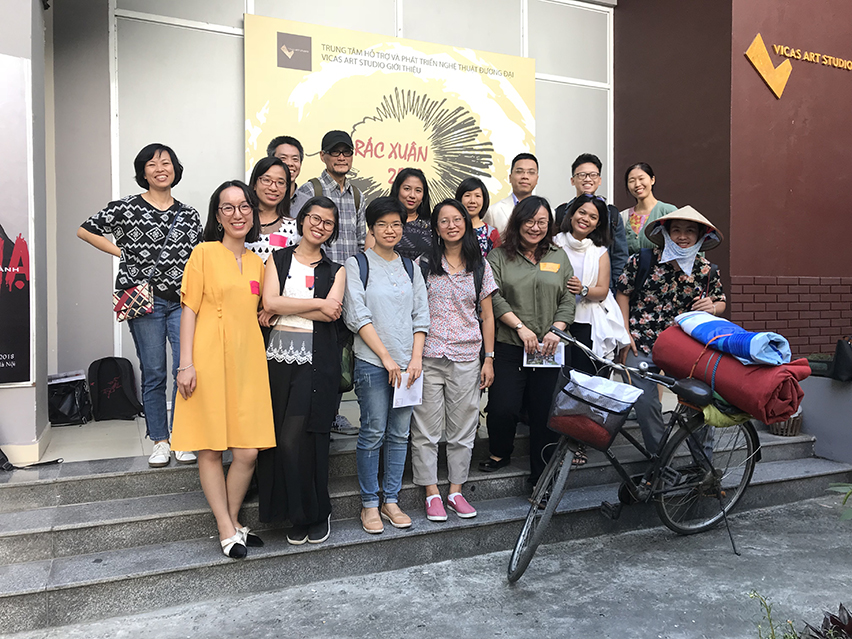
Jennifer and MCH colleagues visiting to VICAS Art Studio in Hanoi, Vietnam in 2018
Räy: That’s very impressive. I have lived in Germany for over 20 years. However, everytime I open my eyes in the morning, I still feel like I am a student. Germany is like my second home, but quite often I feel like a stranger. I still think a lot about how I should understand Germany as a country and Europe as a part of the world and how I should be understood in it to find answers.
Jennifer: I really agree with what you said.I think figuring out what you don’t know is something that makes you very happy. Everything is incomplete. There are few things that you can talk about with 100% certainty. Accepting that made me feel at ease. What’s important is that when I met people while feeling relaxed, people I met also felt relaxed when they were dealing with me. Your situation, Räy, is actually really precious. I would like to encourage you to keep it as it is. Rather than feeling uncomfortable about not being understood and raising issues about that, you can listen to them to understand their way of thinking. It can serve you as a beginning for change.
Räy: Can you tell us more about MCH? I read that the main countries of the Mekong Culture Hub are Cambodia, Laos, Myanmmar, Taiwan, Thailand and Vietnam on the MCH’s webpage. Can you tell us about relationships, cultural connections, differences and artists exchange among countries in the Mekong Region?
Jennifer: For those of you who do not understand the Mekong Region very well, let me share a little I know from certain perspective for your references. The countries in the Mekong Region are geographically close/next to each other, but they might not know each other well or have exchange a lot. One of the reason might be, for example if we just have a quick look at what have happened in the past 100 or 200 years, some of the coutry border still changed between these countries and they might have conflicts between each other. It wasn’t long before the current borders were established. There have always been conflicts in this region. Borders have been continuously disputed. Tragic things have happened repeatedly. During the colonial period, there was incessant suffering and civil wars, communist oppression, etc. in the region. Vietnam, Cambodia, Myanmar and Laos is were constantly attacked...also civil wars or serious conflicts within the country. They were constantly attacked by outside forces, subjected to social and psychological domination, oppression and submission. The people had to keep fighting so as not to lose their identity. That history keeps repeating itself.
The pain of this history was so great that it left a traumatic experience in the people. Look at Cambodia. Less than 40 years have passed. Can you believe that the history of suffering took place about 40 years ago? When I was about 12 years old, the Khmer Rouge, the civil war in Cambodia, broke out and killed millions of people. This means that many people currently living in the Mekong region have experienced the war. They had to flee and take refuge repeatedly, and experienced the death of those close to them. They have lived under other’s oppression while their possessions were taken away from them. Many people have fled. Even today, new asylum seekers are leaving their countries due to political instability. Many countries are still going through rapid changes and political instability. I know Korea has a similar history. Similar experiences like these can form a common ground.
However, empathy must be distinguished from sympathy. Empathy starts with trying to understand the other person. I think empathy is what makes us communicate with each other in a healthy manner in the global era. Due to civil wars and conflicts, the cultural and economic development of the Mekong region is still lagging behind. However, you should not misunderstand being underdeveloped as being unsophisticated. Understanding these contexts is a prerequisite to understanding the region. Being underdeveloped should not be “judged” as something negative. We need to think carefully about what development means.
Today we call ourselves global citizens. Expanding our territory is a good thing, but we should not put ourselves in a hierarchy in the shared realm of globalization. Look at how the so-called developed countries became the welfare states they are today. Behind that, there have been wars and colonial conquests. Every country has problems. Korea is not an exception. So all you have to do is appreciate the abundance you have and recognize that you can make a contribution to where there is a deficiency. Take a look at their deficiency in the perspective of ’contribution’.
In other words, economic and cultural perspectives don’t have to be the only perspective that we have to take when dealing with exchanges between countries. The economic and cultural scarcity in this region was caused because the developed countries exploited it for the sake of their own development. That’s why the dichotomic approach saying why should I provide my own resources for others is not right. Because ultimately the deficiency of these people was caused by the sacrifice for the abundance of others.
We need to think about how to develop society based on these things. I don’t think we need to talk about the exchanges in connection with the government. In fact, the terms ’globalization’ or ‘anti-globalization’ makes me feel uncomfortable. I think we use such terms to solely focus on bringing quick changes. A lot of things are just lost.
Mekong Culture Hub Partners and Network
Räy: Who are the main partners of MCH?
Jennifer: ’Cambodian Living Arts’ is our sister organization. It has been working in Cambodia for the last 25 years. Its founder is a genocide survivor and musician. He carried out a project to discover surviving artists in Cambodia. Cambodia’s Khmer Reju regime killed more than 90% of artists and intellectuals from 1975 to 1979. The founder returned home after growing up in exile in the United States, and he wanted to heal Cambodian society through culture and art. He was hoping that Cambodian artists would return to their homeland, and that traditional arts and culture would be revived.
At that time, Taiwan was implementing a south-facing policy that included cultural exchanges with Southeast Asian countries. And that was the background for the beginning of cooperation between "Living Arts International" (the parent organization of living arts in Cambodia) and the Taiwanese Ministry of Culture. The common interests between ’Living Art International’ and Taiwan were ’people connection’ and ’co-production’. When the exchanges were started, we found out that there were already many common grounds in the arts, performances, and culture sectors due to the geography. My colleagues in Cambodia were surprised to learn that Taiwan was home to many migrants from Southeast Asia. Statistics say that around 400,000 people in Taiwan have a parent who is from Southeast Asia. In other words, cultural exchange had already begun before the Taiwanese government took an interest. There was talk of creating an innovation hub project for the living arts in Taiwan and Cambodia at the request of the Taiwanese government, and there was a ’cultural leader project’ that was in progress at that time. British Council joined as a partner and sponsored the budget and programming so that the program could commence. The Taiwanese government also participated as a collaboration partner, and that’s when we started working together.
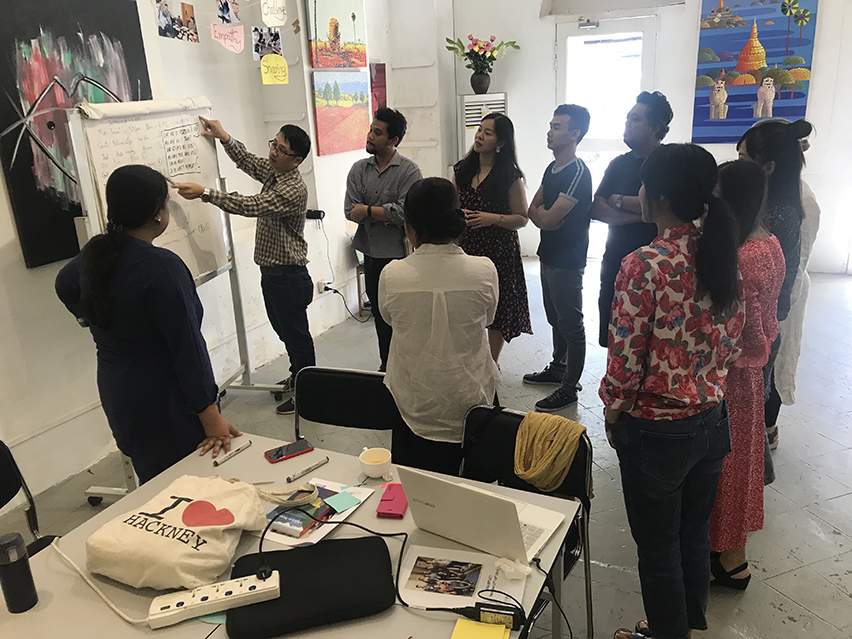
Jennifer and MCH colleagues from 10 countries having a discussion about audience in Yangon, Myanmar
Our three main interests are: Discuss / Develop / Thinking. It is about “sharing, discussing, developing and thinking” what we discover through the project. With this motto, we have invested in things that we are capable of doing. We created projects to allow experimentation on certain subjects, and at other times we built a network or shared our expertise or experience. We play the traditional role, i.e working in partnership for project implementation or managing international art exchange projects related to important or interesting topics or regions of the time. When necessary, we submit applications. We use a mixture of all these methods for our work.
What’s interesting is that the partners who we have worked with two or three years ago introduced and promoted our activities in MCH to our co-workers (fellows) and advisors. It indicates that MCH is known as an organization that supports regional research and related projects in the Mekong Region. Most of our partners are people who are interested in the Mekong Region and want to carry out social projects in it. People who are interested in social issues and want to solve them artistically, but don’t know how to approach them, come to us. These are the ones who recognize that art and society have tremendous power when combined, and recognize the value of art.
We are very happy to hear episodes like this because it proves that practitioners have listened closely to the experiences, advice and recommendations of fellows and advisors who have worked with us. It means that they understand the methods we pursue. Going forward, I think more people will come to find us because they need our support. I am really grateful for this. Because my colleagues at MCH and I believe in art. We have strong faith that art has a positive impact on society. This is our belief in what we do. It’s our job to support art to make a more positive impact on society.
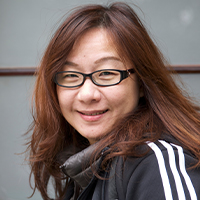
Jennifer Lee
Jennifer Lee majored in Cultural Policy and Arts Management. She is now in charge of program development, production and organization as well as project management, review and reports at MCH. In addition, she has been planning and executing workshops and arts education curricula that involve audience development, performance services, creative project management, and program planning in various performing arts disciplines for over 20 years. She is mainly focused on; creating a sustainable ecosystem for arts and culture projects; promoting arts’ social engagement; building a multi-mechanism for talent nurturing; multicultural learning and understanding through exchanges; and creating an arts and culture ecosystem that facilitates local cultural exchanges and collaborations.
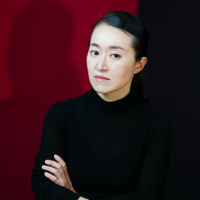
Räy Lee
Räy is a performing arts director and scenographer working in Korea and Germany. She creates contemporary performing arts works including opera, musical theater, theater, dance and multidisciplinary arts. She also creates works in the contemporary visual arts. She is Artistic Director of the performing group ’Berlin Byproduct’ and the president of ’Berlin-Soo’, a German language creative performing arts institute. In recognition of her contribution to performing art and cultural exchange between Korea and Germany, she was awarded the DAAD Award. As a founding member of the Berlin performance group Oper Dynamo West, she worked with the group from 2005 to 2015. She published a collection of performing art works, Stadt als Bühne. (Published by By Hatje Cantz, German art publisher in 2010) / instagram: @raeyslee








 PREV
PREV
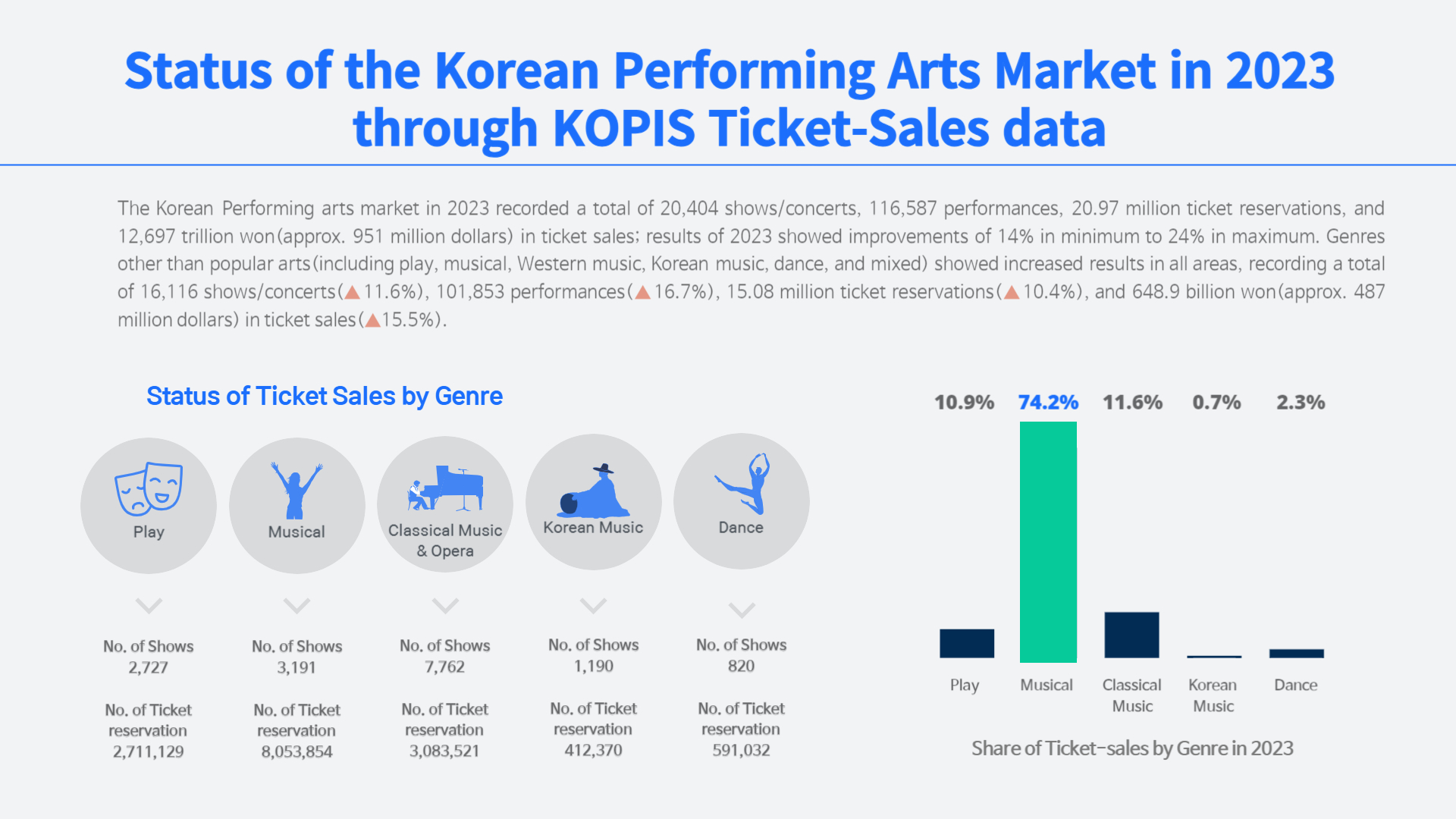
.jpg)
.jpg)
.jpg)
.jpg)











